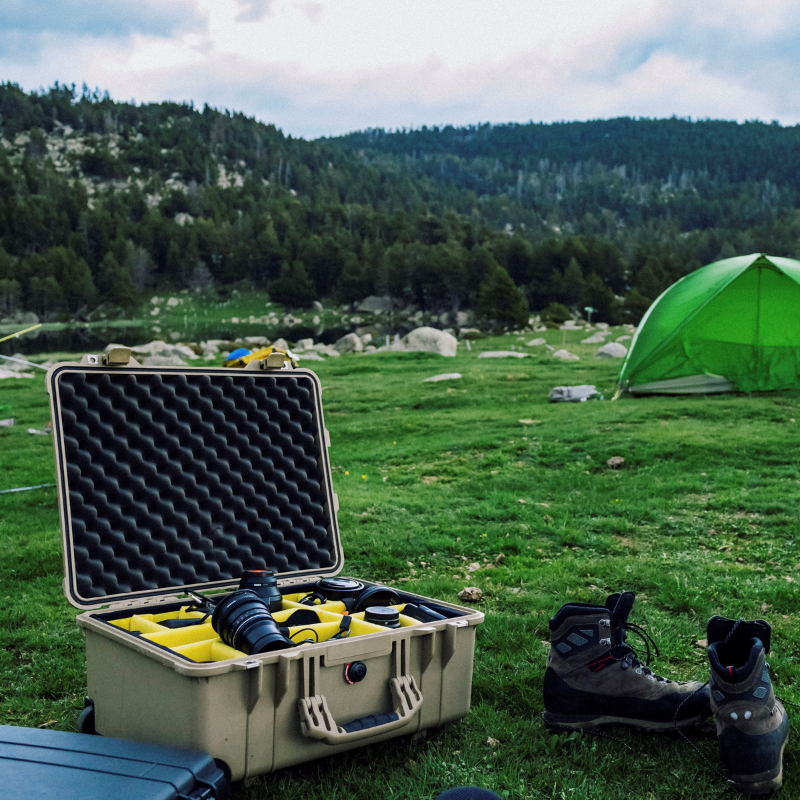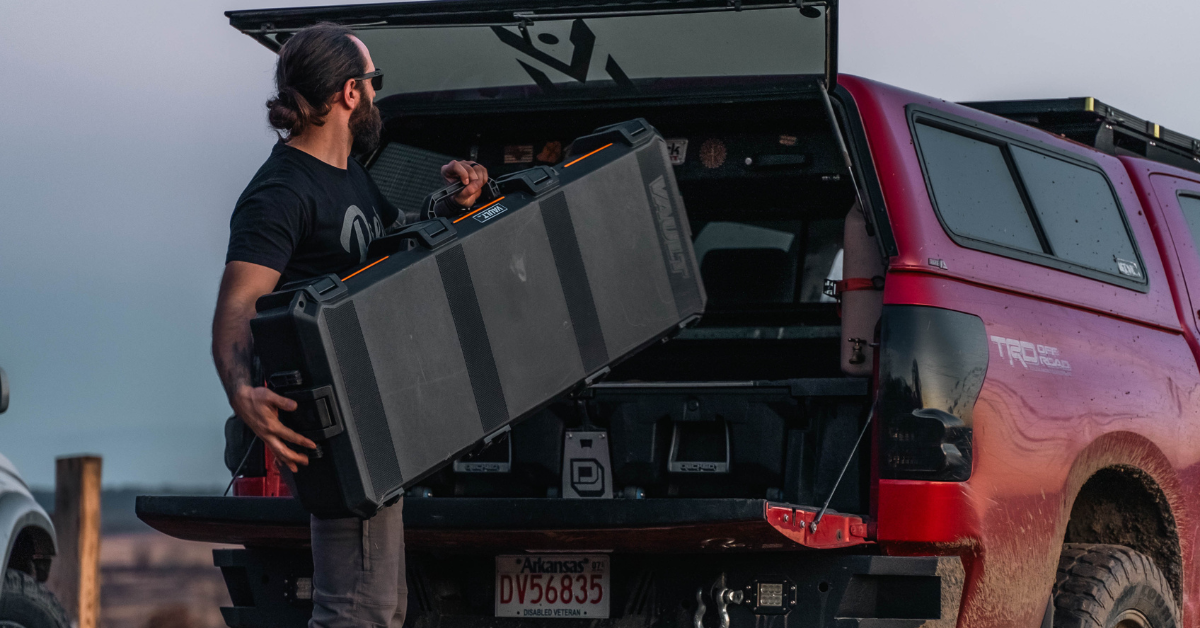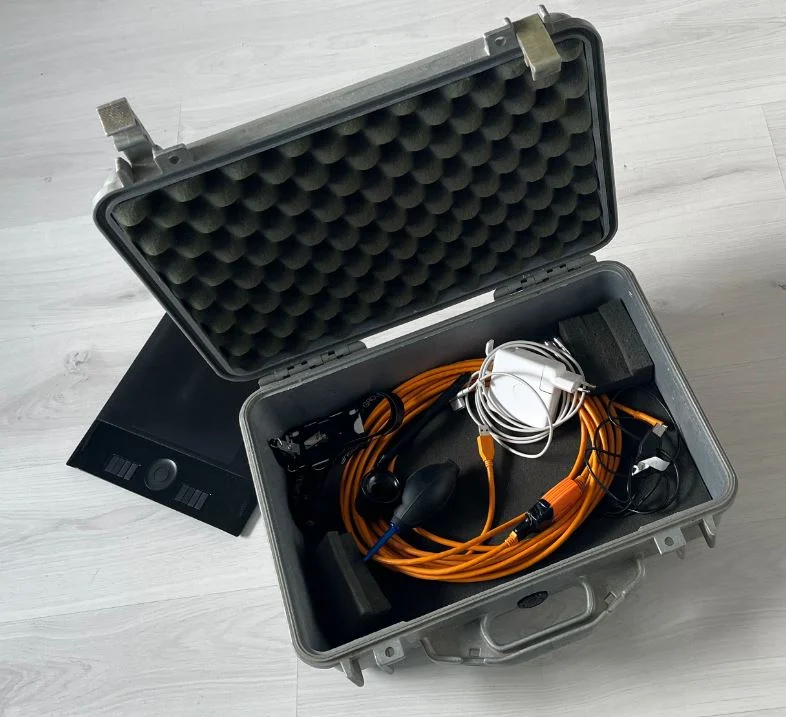Tired shoulders. Worn wrists. Long treks made longer by bulky, heavy gear. When you’re off-road and off-grid, every kilo counts — especially when the path gets steep or the camp is far from your rig. That’s why smart explorers are trading bulk for balance with gear cases built to go the distance without breaking your back.
How can I reduce the physical strain of carrying heavy or awkward gear cases during expeditions?
Start by rethinking the basics. Choose:
- Lightweight case materials such as advanced polymers
- Cases with wheels and retractable handles for flat terrain
- Modular kits that break large loads into manageable sections
- Ergonomic grips that reduce wrist and finger fatigue
And most importantly, pack only what you truly need — smarter storage often means lighter travel.
Are there lightweight cases that still offer full protection for outdoor use?
Yes. Lightweight doesn’t mean fragile. Many modern cases use materials like HPX™ resin or structural foam that are both strong and significantly lighter than older composites. These cases still provide:
- IP67-rated water and dust protection
- Crushproof and drop-tested durability
- Long-term UV and weather resistance
Perfect for overland environments where strength can’t come at the cost of mobility.
What ergonomic features help make gear easier to carry on uneven terrain?
Look for:
- Comfort-grip handles with rounded edges
- Optional shoulder straps or backpack conversions
- Anti-slip rubber feet to stabilise while resting
- Balance-optimised dimensions to reduce lateral swing when walking
These features make navigating rough ground less of a workout and more of an experience.
Can compact case designs make a difference in overall trip fatigue?
Absolutely. Smaller, stackable designs not only reduce weight but also improve:
- Packing efficiency
- Load balancing across your vehicle or person
- Accessibility, so you’re not constantly shifting heavy gear to reach essentials
When every step counts, shaving off bulk matters more than you might expect.
What should I prioritise when choosing easy-to-transport cases for overlanding?
- Weight-to-strength ratio
- Carry options (hand, shoulder, wheel)
- Compact footprint that fits easily in vehicles or tents
- Durability in harsh climates
- Smart internal organisation to avoid shifting loads
With the right case, your back — and your basecamp — will thank you.
Overlanding is about endurance and efficiency. With lighter, ergonomic cases, you’ll go further, fatigue less, and stay focused on the trail ahead — not the load behind.
Explore rugged, lightweight case solutions at www.peli.com.




